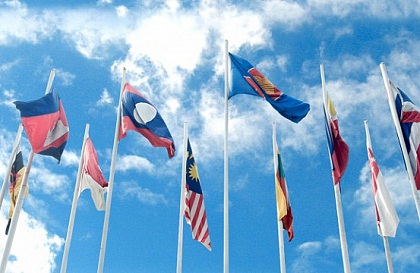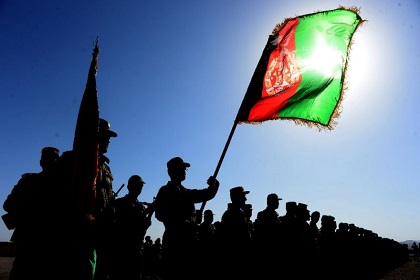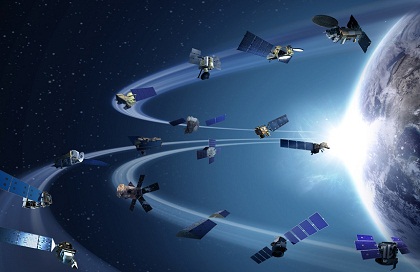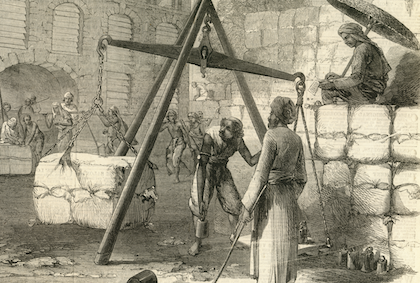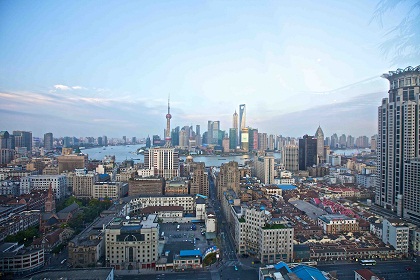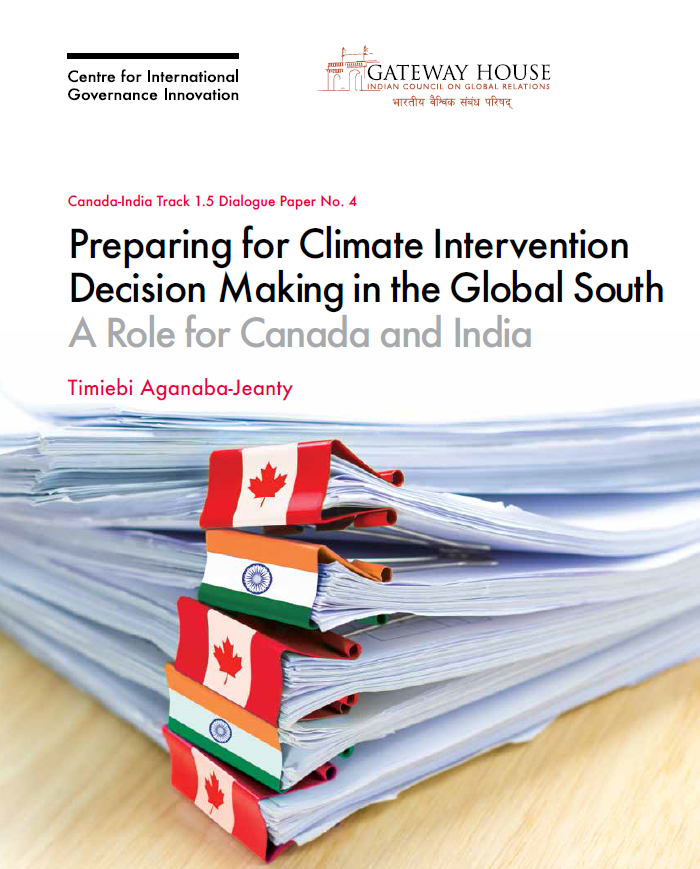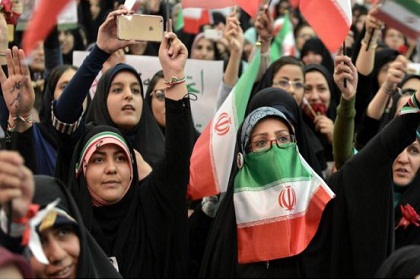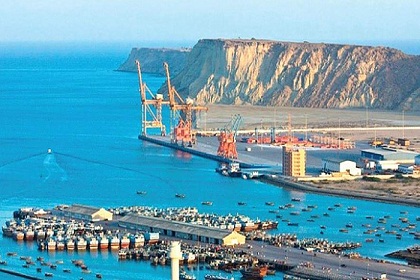An ASEAN trio in transition
Philippines, Cambodia and Lao PDR face a range of development challenges at home even as they respond dynamically to shifting priorities in external relations. With U.S.-China competition increasingly shaping this part of the world, will India provide some balance? An insider’s account of how three less noticed ASEAN countries are coping with geopolitical changes

